MOSCOW (news agencies) — Hungarian Prime Minister Viktor Orbán visited Moscow on Friday for a rare meeting by a European leader with Russian President Vladimir Putin and discussed peace proposals for Ukraine, which triggered condemnation from Kyiv and some European leaders and officials.
Orbán’s visit comes only days after he made a similar unannounced trip to Ukraine, where he met with President Volodymyr Zelenskyy and proposed that Ukraine consider agreeing to an immediate cease-fire with Russia.
“The number of countries that can talk to both warring sides is diminishing,” Orbán said. “Hungary is slowly becoming the only country in Europe that can speak to everyone.”
Hungary assumed the rotating presidency of the EU at the beginning of July and, in comments at the beginning of their meeting that were televised, Putin suggested that Orbán had come to Moscow as a representative of the European Council. Several European officials — including the leaders of Germany, Denmark and Estonia — dismissed that suggestion and said Orbán had no mandate for anything beyond a discussion about bilateral relations.
The Hungarian prime minister, widely seen as having the warmest relations with Vladimir Putin among all European Union leaders, has routinely blocked, delayed or watered down EU efforts to assist Kyiv and impose sanctions on Moscow for its actions in Ukraine. He has long argued for a cessation of hostilities in Ukraine but without outlining what that might mean for the country’s territorial integrity or future security.
That posture has frustrated Hungary’s EU and NATO allies, which have broadly considered Russia’s actions as a breach of international law and a threat to the security of countries in Eastern Europe.
After Putin and Orban met, Russian presidential aide Yuri Ushakov said they had a “frank conversation” on all issues relating to Ukraine.
Ukraine’s Foreign Ministry said in a statement that Orbán’s decision to visit Moscow was made “without approval or coordination” with Kyiv. It added that “the principle of ‘no agreements on Ukraine without Ukraine’ remains inviolable for our country” and called on all states to strictly adhere to it.
Putin’s spokesperson, Dmitry Peskov, said the visit to Moscow was Orbán’s idea and was only agreed to on Wednesday, according to the Russian state news agency Tass. Peskov added that Moscow valued Orbán’s ”strong, clear and consistent course” aimed at trying to resolve the conflict.
Putin told Orbán that he wanted to hear about the position of his “European colleagues” on Ukraine and discuss Moscow’s plan for peace as well as bilateral relations. Orbán noted that the meeting was the fourteenth time the leaders have held bilateral talks since 2009.
European officials and leaders have heavily criticized Orbán’s visit to Moscow, something only one other European leader has done since the start of the conflict.
“This is about appeasement. It’s not about peace,” European Commission spokesperson Eric Mamer said.
Hungary at the beginning of the month took over the six-month rotating presidency of the EU Council, a largely formal role that can be used to shape the bloc’s policy agenda. Orbán has said he wants to use the presidency to advocate for an end to the fighting in Ukraine.
The EU’s foreign policy chief, Josep Borrell, said in a statement that Orbán’s visit to Moscow “takes place, exclusively, in the framework of the bilateral relations between Hungary and Russia.”
“Prime Minister Orbán has not received any mandate from the EU Council to visit Moscow,” Borrell said, adding that his “position excludes official contacts between the EU and President Putin. The Hungarian Prime Minister is thus not representing the EU in any form.”
He noted that Putin has been indicted by the International Criminal Court and an arrest warrant released for his role in relation to the forced deportation of children from Ukraine to Russia.
NATO Secretary-General Jens Stoltenberg said Orbán informed him in advance about his travel to Moscow but that he “is not representing NATO at these meetings.”
Kaja Kallas, the outgoing Estonian prime minister nominated to become the next EU foreign policy chief, accused Orbán of “exploiting” the presidency and said the Hungarian leader is trying “to sow confusion.”
“The EU is united, clearly behind Ukraine and against Russian aggression,” Kallas, a staunch supporter of Ukraine, wrote Friday on the social media platform X.
In an email on Friday, Orbán’s press chief, Bertalan Havasi, said the Hungarian leader’s trip comes “as part of his peace mission” — reflecting the image of a peacemaker that the populist leader has cultivated since Putin sent his troops into Ukraine in February 2022. Hungarian Foreign Minister Péter Szijjártó also joined the trip to Moscow, according to a post on his Facebook page.



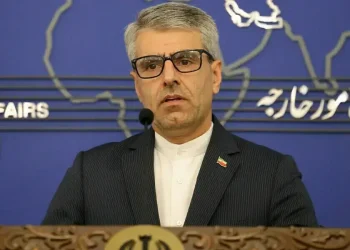
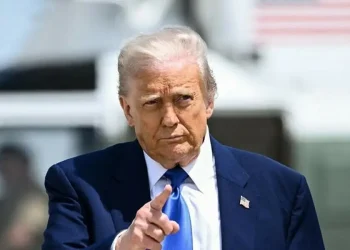

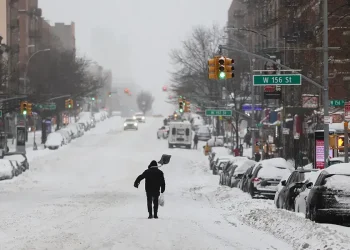
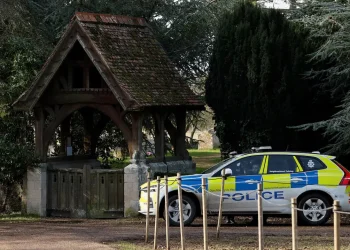
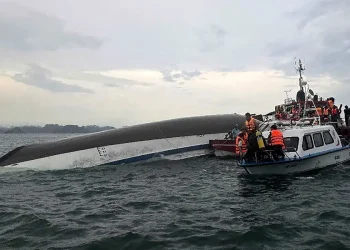

 American Dollar Exchange Rate
American Dollar Exchange Rate